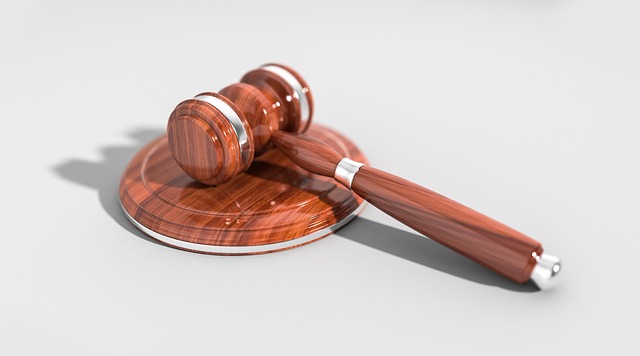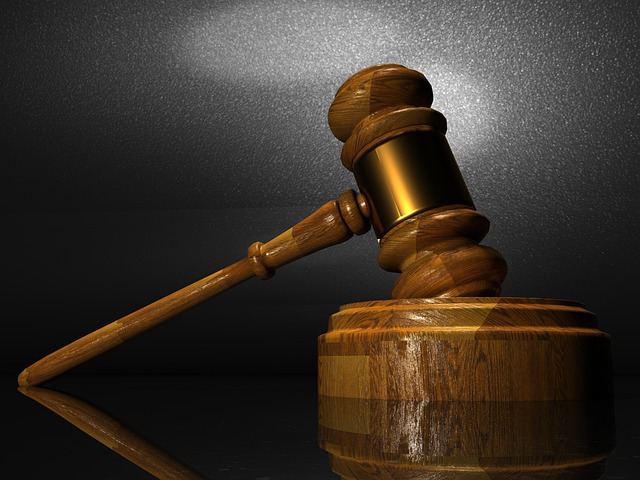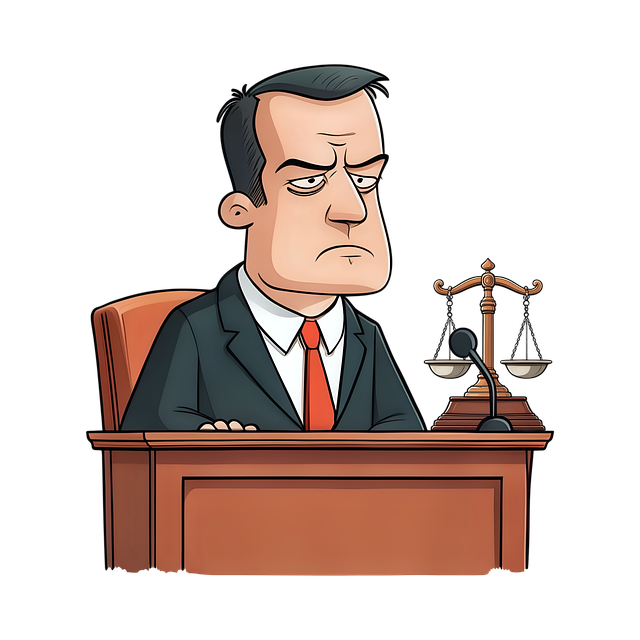A delayed diagnosis attorney plays a crucial role in navigating complex legal and medical terrains, seeking justice and compensation for clients harmed by diagnostic delays. They simplify intricate medical concepts using visual aids, expert witnesses, and real-life examples to educate juries about the impact of negligence. Their strategy involves meticulously gathering medical records and expert opinions to establish timelines and potential breaches of the standard of care, linking delays directly to patient injuries or deterioration. The ultimate goal is securing comprehensive compensation for both immediate and long-term consequences of delayed diagnoses.
As a delayed diagnosis attorney, clarity is key. When advocating for clients harmed by medical missteps, effectively communicating complex legal and medical concepts is essential. This article guides you through navigating these challenging cases. We explore understanding your legal responsibilities in delayed diagnosis scenarios, mastering the art of explaining intricate medical jargon to jurors, and employing strategic case-building techniques to secure justice for your clients. Essential insights for every delayed diagnosis attorney.
- Understanding Legal Responsibilities in Delayed Diagnosis Cases
- Communicating Complex Medical Concepts to Jurors
- Strategies for Building a Compelling Case and Securing Justice
Understanding Legal Responsibilities in Delayed Diagnosis Cases

When it comes to delayed diagnosis cases, understanding legal responsibilities is paramount. A delayed diagnosis attorney plays a crucial role in navigating complex medical and legal landscapes, ensuring that clients receive justice and appropriate compensation for the harm they have endured. These attorneys must clearly explain the legal duties owed by healthcare providers and institutions, including the standard of care expected and potential breaches that lead to adverse outcomes.
In such cases, delayed diagnosis attorneys often deal with real estate litigation issues as well, particularly when the original treatment or lack thereof impacts a patient’s ability to manage property or make informed decisions about their future living arrangements. They work tirelessly to secure client recovery through accident settlements, ensuring that victims are not only compensated for their physical and emotional pain but also for any financial losses incurred due to medical negligence.
Communicating Complex Medical Concepts to Jurors

Communicating complex medical concepts to jurors can be a significant challenge for any delayed diagnosis attorney. Often, cases involving medical malpractice and auto accident injuries require explaining intricate details that are foreign to the average person’s understanding. It is crucial for lawyers to simplify these ideas without oversimplifying or misleading the jury. They must translate technical jargon into plain language while maintaining the integrity of the facts.
To achieve this, delayed diagnosis attorneys should utilize visual aids, expert witnesses, and real-life examples. Visual tools like diagrams and charts can illustrate medical procedures and conditions, making them more accessible to jurors. Expert witnesses, such as medical professionals or specialists, can provide clear explanations and testify to the standard of care expected in similar situations. An auto accident lawyer might use these strategies to demonstrate how a delay in diagnosing an injury contributed to a patient’s prolonged suffering and added financial burden, ensuring the jury comprehends the impact of negligence.
Strategies for Building a Compelling Case and Securing Justice

For a delayed diagnosis attorney, building a compelling case requires a meticulous approach. The first step is to gather comprehensive medical records detailing the patient’s history, the initial symptoms, and subsequent diagnoses. These documents are crucial in demonstrating the timeline of events and potential negligence. Additionally, expert opinions from medical professionals can significantly strengthen the case by providing insights into acceptable standards of care and identifying any deviations that led to the delay.
Next, establishing a clear link between the delayed diagnosis and the patient’s injury or deterioration is essential. This often involves exploring product liability claims if the delay was due to defective medical equipment or drugs. Alternatively, in elder law cases, focusing on institutional negligence within nursing homes can uncover instances where caregivers failed to recognize deteriorating conditions. The goal is to secure injury compensation that reflects not just the immediate harm but also the long-term effects of the delayed diagnosis.
Delayed diagnosis cases require a meticulous approach from experienced attorneys. By understanding legal responsibilities, effectively communicating complex medical concepts, and employing strategic case-building techniques, a delayed diagnosis attorney can ensure justice for their clients. These key elements are essential to navigating the intricacies of these cases and securing favorable outcomes. Trusting your legal representation with such critical matters is paramount in seeking redress for medical negligence.






